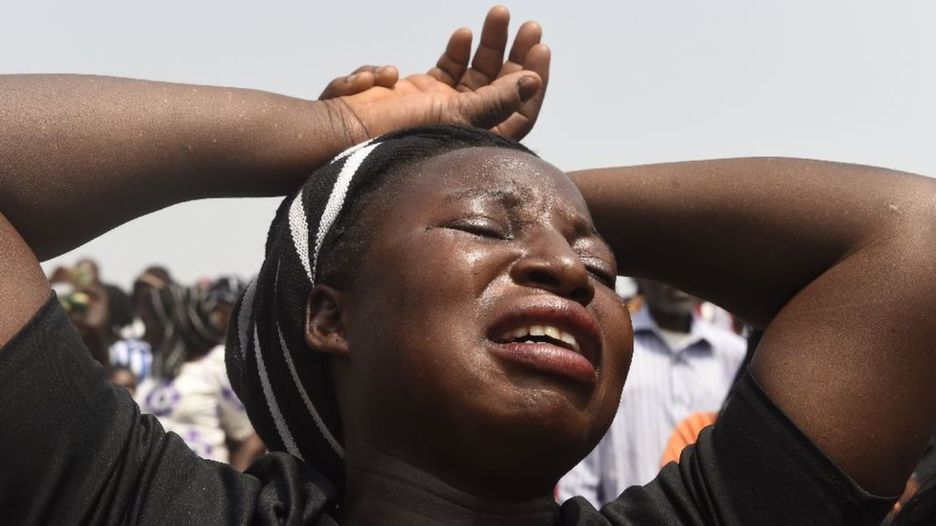Anti-Christian hate crimes on the rise in Europe

The Observatory on Intolerance and Discrimination Against Christians in Europe (OIDAC) published a report, which finds an increase of anti-Christian hate crimes in the past year, including arson, graffiti, desecrations, thefts, physical attacks, insults, and even murder.
OIDAC documented 792 anti-Christian hate crimes in 34 European countries, which makes Christians the most targeted religious group after Jewish believers. The atrocities include 38 physical assaults and three murders. Arson attacks increased from 60 incidents in 2021 to 105 in 2022. The majority of the perpetrators were members of radicalised anti-Christian groups.
OIDAC Europe’s Executive Director, Anja Hoffmann indicates that the reason for increased heinousness is that society has become more accepting towards anti-Christian trends. Professor Regina Polak, a representative from OSCE on Combating Racism, Xenophobia, and Discrimination, also focusing on Intolerance and Discrimination against Christians and Members of Other Religions, expressed her concerns about the rising number of cases: “The increasing number of anti-Christian hate crimes in Europe reported by OIDAC is deeply worrying. It is highly necessary to raise both governmental and societal awareness for this problem and undertake political measures to tackle and combat it decidedly.”
According to researchers: “There is a reasonable probability for higher dark numbers, due to limited reporting on anti-Christian hate crimes, the ‘chilling effect’ among victims, and the lack of media coverage. The right to freedom of speech continues to be a highly debated issue, as new laws seek to regulate speech in the public sphere and some even in the private sphere. New ‘buffer zones’ around abortion clinics are one form of state regulation that has led to the criminalisation of Christians for praying silently on the street. The religious freedom of Christians has also been affected through other legal developments, such as vaguely formulated and overreaching laws that would criminalise parents, pastors, and teachers if they express dissenting opinions regarding LGBTIQ-related discussions or discourage their children from undergoing ‘hormone therapies’ because of their religious convictions.”
There is a rising anti-Christian agenda in Europe, including government legislation, which puts the rights of Christians at risk. Researchers recommend that the media implement the same standards when reporting about Christians that are used with other religious communities. Journalists should be sensible and unbiased and not engage in negative stereotypes about Christians.
Christian churches and their congregations should be aware of their rights and be able to “confront any restrictions faced for exercising faith. Create awareness among Christians about what secular intolerance entails and how it can lead to self-censorship among Christians. Equip Christians to continue to share freely about their faith. Engage in public discourse in a respectful and informed manner, contributing to the dialogue between religion and secular society and building bridges between different groups,” the report recommends.
Source: https://www.christianpost.com/



